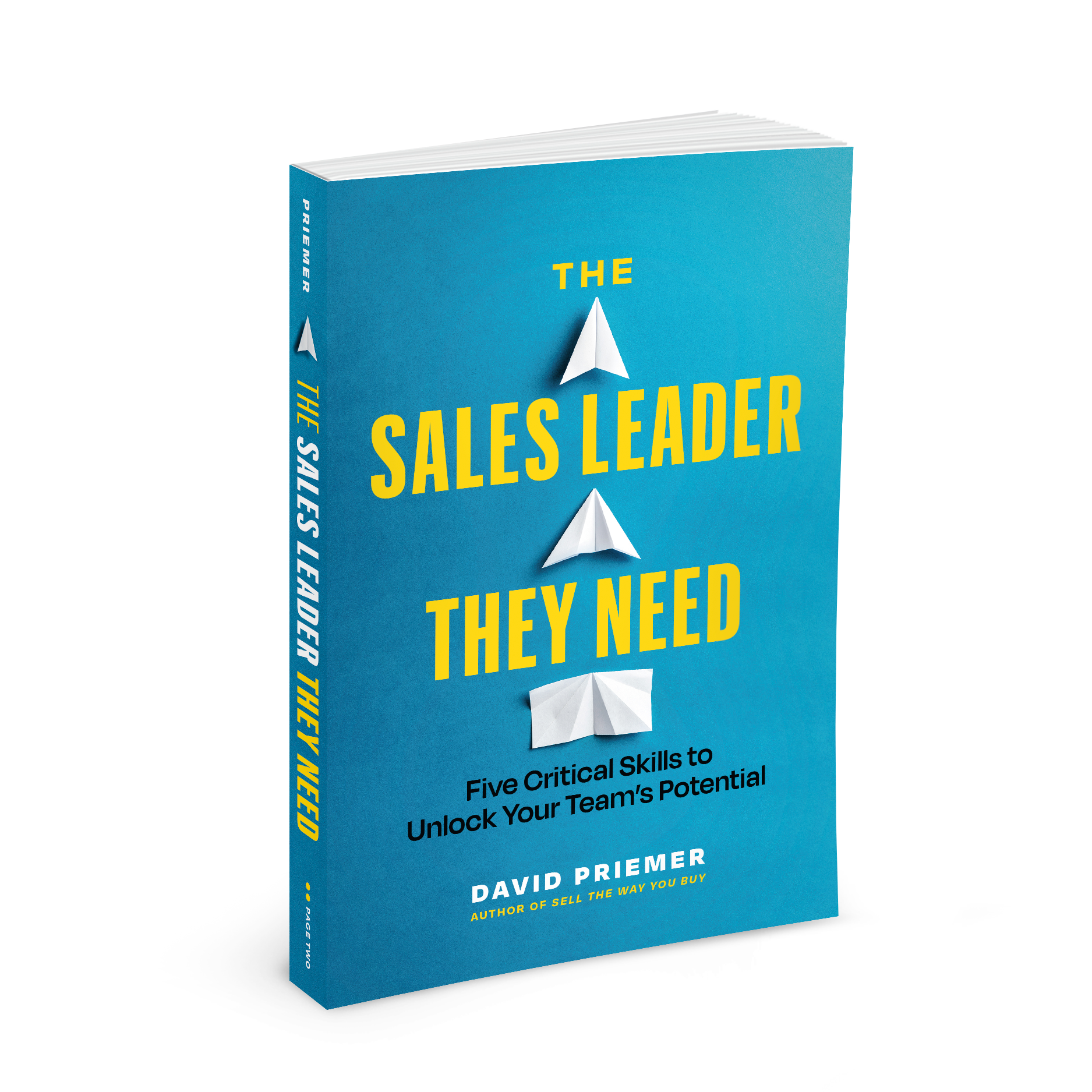The Future Of Sales Is Advocacy
“Who HATES IT when another human being calls them on the phone?”
This was the simple but powerful question the perennial straight-shooting (and occasional f-bomb dropping) Gary Vaynerchuk asked a New York City audience of 1500 sales and marketing leaders at the Sales Machine conference in June of 2016. Like many, I was first taken aback by the question. “What does he mean?” I thought. “Who’s calling? A friend? My mother? A telemarketer asking if I’m interested in massive long-distance savings?” But as 40% of the audience sheepishly raised their hands (including myself), I realized my questions no longer mattered. Indeed, the world has changed.
In a time where we’re constantly being bombarded with marketing messages, have unprecedented access to product information, combined with an always-connected lifestyle, Gary asserted that it is time itself which has become our most precious commodity. That sentiment combined with our predisposition for social media, texting, and self-service, has now led many of us to use the word “hate” to describe the intrusion on our time when someone calls us on the phone and chooses to engage us on their terms instead of ours. An Aimia Institute survey found that 59% of people block unwanted phone calls or texts, 75% say they receive too many emails from brands, and 69% say this behavior has caused them to unfollow brands on social channels.
The world of sales has changed
With consumers’ desire to engage brands on their own terms, armed with more information and insights than ever before, the world of sales has also changed. According to a CEB study, 89% of customer purchase journeys begin without seller input. And Forrester forecasted that, over the past five years, one million B2B salespeople in the U.S. will lose their jobs to self-service eCommerce, accounting for 20% of the B2B sales force.
So is sales doomed? In short: no. Forrester points out your sales team can still strongly influence the buyer’s journey. But in order to stay relevant and continue to add value, organizations need to shift their focus entirely to the customer and be mindful of their experience with our sales teams. Why? Because unfortunately many of our sales strategies are still based on traditional tactics like email blasts and call blitzes, that, in our customer’s eyes, bother them!
The good news is the industry is full of great examples of winning both market share and customer loyalty without bothering your buyer. For example Amazon, unquestionably the largest online eCommerce site in North America, had over $280B in annual sales in 2019 – and few of us would describe our relationship with Amazon as bothersome. On Amazon, we search for things, buy, and view recommendations and suggestions personalized for us. That’s it. What about day-to-day? Well, when we’re looking for restaurant recommendations we can check Yelp or ask our Facebook friends. When we go on vacation, we ask others where they went and if they liked where they stayed. We seek personalized, contextual, and trustworthy information to make important buying decisions. The same way our customers do before they engage us.
Disrupting status quo bias with advocacy
I’ve said in the past that inertia and status quo bias is the enemy of sales. Some of the tactics organizations can use to disrupt this inertia involve invoking the power of reciprocity, establish credibility early, lead with values instead of products, and even refining their pitch. However, one of the most unobtrusive, empathetic, and authentic ways to convert customers is to simply surround them with like-minded customers who love you. And the data agrees.
The Edelman Trust Barometer is an annual global trust survey that solicits insights from more than thirty-three thousand respondents across twenty-eight different countries and measures attitudes about the state of trust in business, government, non-governmental organizations, and the media. One of the components of this study centers around the relative credibility of the information we receive about a company based on the source of that information. Near the top of the list for 2020 sits a familiar source: “a person like yourself.” In fact, sentiment from a person like yourself outranks even venerable sources such as industry analysts, journalists, entrepreneurs, and government officials.
In business, we all have customers that love us and B2B companies have long recognized the value of advocates to driving revenue. After all, advocates provide trusted referrals and social proof, the highest converting source of leads. Advocates can share testimonials, participate in reference calls, and be featured in case studies. The problem is few organizations are able to mobilize their advocates systematically and consistently.
Customer requests for assistance are sporadic and can often be poorly timed and overwhelming. This leads to a poor advocate experience, limited impact, and missed opportunities. The key is creating an intimate experience for your advocates. Fostering a genuine sense of community and direct connection to your company, resulting in faster, more frequent, and longer-lasting impact on your sales pipeline.
It’s strange that it’s taken so long for the world of B2B sales to catch up to the buying experience we as consumers expect in our personal lives. It’s clear however that as these two worlds continue to collide, the sales teams looking to win in the most authentic, high-conversion, and customer-centric way, are the ones who adopt an advocate-first approach. After all, there is no better sales rep than a happy customer!
We promise never to send you junk or share your email! Just helpful sales insights.














Leave a Reply
Want to join the discussion?Feel free to contribute!